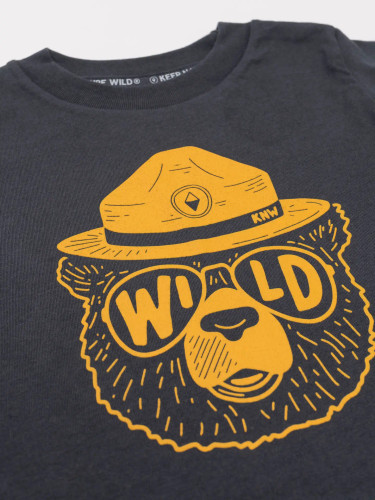Description
The average North American child now spends about seven hours a day staring at screens and mere minutes engaged in unstructured play outdoors. Yet recent research indicates that experiences in nature are essential for healthy growth. Regular exposure to nature can help relieve stress, depression, and attention deficits. It can reduce bullying, combat obesity, and boost academic scores. Most critical of all, abundant time in natural settings seems to yield long-term benefits in kids cognitive, emotional, and social development.
- Print Length: 352 pages
- To date, no book has offered teachers, parents, and other caregivers the necessary tools to engender a meaningful, lasting connection between children and the natural world. How to Raise a Wild Child is a timely and engaging antidote, showing how kids connection to nature changes as they mature, and empowering grown-ups to be strong mentors.
- Distilling the latest research in multiple disciplines, Scott Sampson reveals how adults can help kids fall in love with nature enlisting technology as an ally, taking advantage of urban nature, and instilling a deep sense of place along the way.
- "In a time when the connection between humans and the rest of nature is most vulnerable, Scott offers parents and teachers a book of encouragement and knowledge, and to children, the priceless gift of wonder." Richard Louv, author of Last Child in the Woods and The Nature Principle.
- "With wisdom, intellect, and empathy, [Sampson] provides us with a bounty of simple yet profound ways we can enter this natural world, oftentimes starting in our very own backyards." Lili Taylor, actor, mom, and board member of the American Birding Association
- "[Sampson] makes a cogent case for the importance of cultivating a 'nature connection' in children and offers thoughtful guidance on how to do so amid todays pressures of hectic, high-tech, increasingly urbanized life." Scientific American MIND
Material:
Paperback
Style #:
BK-705296
Sizing tip: We often use European sizing along with US sizing to help guide you to the right fit. In many cases, if you know your child's height, this actually can help guide you better than age. We did the work for you so you do not have to convert- use this chart to find their height. Outerwear is made to layer over clothes- getting this right should be all the work you need to do. When looking at boots, use current tennis shoe sizing. Boot sizes are in T (Toddler) and Y (Youth)- not by age.
CM |
Inches |
Feet |
80 |
31.5 |
2.6 |
90 |
35.4 |
3.0 |
92 |
36.2 |
3.0 |
98 |
38.5 |
3.2 |
100 |
39.3 |
3.3 |
104 |
40.9 |
3.4 |
110 |
43.3 |
3.6 |
116 |
45.6 |
3.8 |
120 |
47.2 |
3.9 |
122 |
48 |
4.0 |
128 |
50.4 |
4.2 |
130 |
51.2 |
4.3 |
134 |
52.7 |
4.4 |
140 |
55.1 |
4.6 |
146 |
57.4 |
4.8 |
150 |
59 |
4.9 |
152 |
59.8 |
5.0 |





